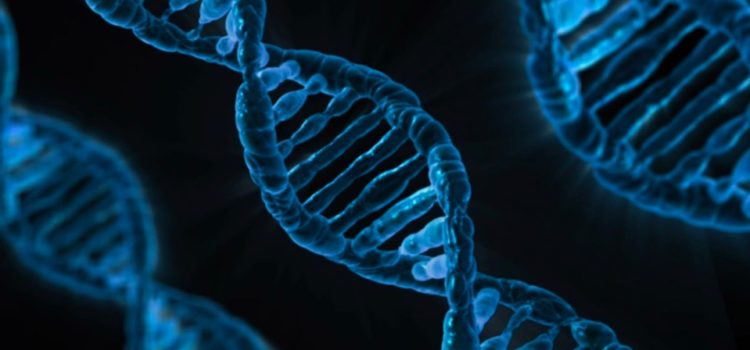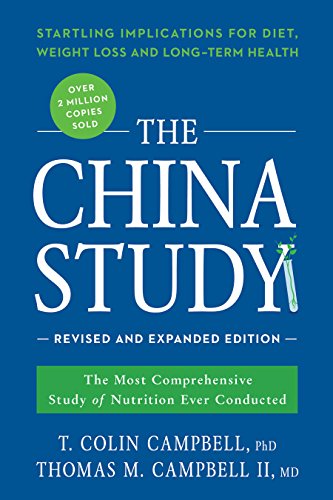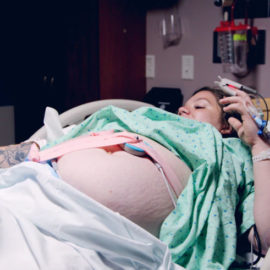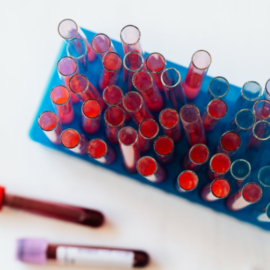

This article is an excerpt from the Shortform summary of "The China Study" by Colin Campbell. Shortform has the world's best summaries of books you should be reading.
Like this article? Sign up for a free trial here .
BRCA gene mutations have gotten a lot of attention, and for good reason: The discovery of mutations in BRCA-1 and BRCA-2, the breast cancer genes, can help you understand your breast cancer risk and get the preventative treatment you need. But is breast cancer really caused by your genetics? Is breast cancer hereditary?
We’ll cover the role of the BRCA genes in breast cancer, discuss the role of genes in disease risk more generally, and look at other, perhaps more influential, breast cancer risk factors you should be aware of.
BRCA Genes: Is Breast Cancer Hereditary?
BRCA gene mutations definitely increase your risk of getting breast cancer, but probably not as much as the media tells you. Although the “breast cancer genes,” BRCA-1 and BRCA-2, have received a lot of attention, studies find that less than 3% of breast cancer cases are genetic. Additionally, only 0.2% of the population carries BRCA gene mutations, so only a small percentage of breast cancer cases can be attributed to them.
The fact that half of the women who carry BRCA-1 or BRCA-2 never get breast cancer also demonstrates that your genes are not your destiny.
It’s not that the discovery of the breast cancer genes wasn’t important. But we need to pay attention to not only who carries these genes but also what causes them to be expressed. A diet high in animal fats and proteins has been shown to act as a trigger for both carcinogens and cancer-causing genes like BRCA-1 and BRCA-2.
Is breast cancer hereditary? Yes and no. You can inherit BRCA-1 and BRCA-2 mutations from either one of your parents. But 97% of breast cancer cases are not hereditary.
Your Power Over Genetics and Disease Risk
Just as we’ve been told to connect breast cancer and genetics in our thinking about the disease, we’ve been told that our genes play a huge part in whether or not we’ll develop many diseases.
But genes alone don’t cause disease—we have considerable control over which genes get expressed.
Genetics only determine 2-3% of your overall cancer risk.
Dormant genes, genes that aren’t expressed, have no effect on our health. Genes only affect us when they’re activated, and diet is one of the biggest triggers of gene activation.
As demonstrated in cancer studies, researchers can turn “bad” genes on and off by altering the amount of animal protein they give to mice.
The idea of dietary triggers explains why, in populations made up of people who share a genetic heritage, disease rates vary widely.
Further, genes evolve slowly, changing minimally, or not at all, over hundreds of years. But disease rates change at a much faster rate, sometimes in a period as short as a year. Therefore, we can’t blame changing genes for increasing disease rates.
Even the risk for highly genetic autoimmune diseases like multiple sclerosis isn’t entirely controlled by genetics. Genes account for 25% of your total MS risk. That means 75% of your disease risk is environmental and largely under your control. Studies show that migrants adopt the MS risk of their new home country, showing that your genes aren’t the most important factor in the disease’s development.
Studies have shown this time and time again. Japanese men living in Japan have a lower rate of Alzheimer’s than Japanese American men living in Hawaii. Africans have a lower rate of Alzheimer’s than African Americans. Because in each of these studies the groups compared shared a genetic heritage, the findings demonstrate that genes are not as important as environmental factors in the formation of Alzheimer’s.
In summary, genes give us dispositions, but they don’t dictate what diseases we’ll get.
The China Study: More Reason to Believe Most Breast Cancer is NOT Hereditary
Studying people in rural China allowed researchers to rule out genetics as a major factor in disease formation, including breast cancer formation, because, compared to other areas of the world, rural China contains populations with homogeneous genes. 87% of the Chinese are of the same ethnic group, the Han.
Additionally, 90-94% of the adults studied were living in the county where they were born. The lack of migration meant that the genes in the population were relatively similar.
Even though the Chinese share the majority of their genes, they don’t all have the same cancer risk. For example, some Chinese counties have much higher cancer rates than others, and some types of cancers are much more prevalent in some places.
———End of Preview———

Like what you just read? Read the rest of the world's best summary of "The China Study" at Shortform . Learn the book's critical concepts in 20 minutes or less .
Here's what you'll find in our full The China Study summary :
- Why animal proteins (meat, milk) might cause cancer, diabetes, and other diseases
- Why the medical institution is structured to hide the truth about disease and food
- The precise diet you'll need to eat to live longer and feel happier






